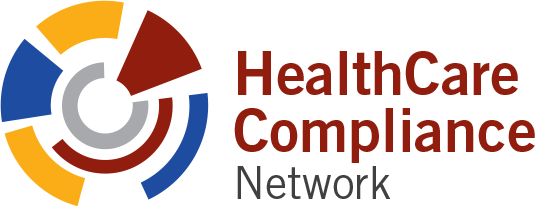In the ever-evolving landscape of Healthcare Services private equity, the importance of compliance within portfolio companies cannot be overstated. As deal flow experiences a slowdown and interest rates remain on the high side, private equity firms find themselves in a unique position that demands heightened attention to compliance. This article delves into the reasons why private equity must prioritize compliance for their portfolio companies during these challenging times.
Regulatory Scrutiny Intensifies
With the government CMS & Commercial payers tightening regulatory frameworks and enforcement, the scrutiny on add-on acquisitions and portfolio companies is intense. In an environment of slow deal flow, private equity firms, hospital-owned practices and independent practices may be tempted to cut corners to maximize returns. However, failing to adhere to evolving regulations can result in severe legal and financial consequences. A proactive approach to compliance ensures that portfolio companies are well-prepared for any regulatory changes, reducing the risk of penalties and legal complications and perhaps uncovering missed revenue opportunities along the way through chart audit, value-based care incentives and programs like chronic care management and remote patient monitoring.
Reputational Management
In the interconnected world of business, reputation is a valuable asset, especially in healthcare. Non-compliance can tarnish the reputation of both private equity firms and their portfolio companies. As deal flow slows down and competition for investors intensifies, maintaining a stellar reputation becomes a critical factor in attracting capital. Private equity firms that prioritize compliance send a clear message to investors and stakeholders about their commitment to ethical business practices, fostering trust and confidence even in a challenging market environment.
Financial Stability Amidst High Interest Rates
Rising interest rates can impact the financial health of portfolio companies, particularly those with high debt levels. Private equity firms must actively manage compliance to mitigate financial risks. A robust compliance program helps identify potential vulnerabilities and enables portfolio companies to adapt to changing economic conditions. By addressing compliance issues proactively, private equity firms can contribute to the financial stability of their portfolio companies, mitigating the impact of higher interest rates on operational performance.
Due Diligence Redefined
In times of slow deal flow, private equity firms often focus on enhancing due diligence processes for their existing investments. This includes a thorough assessment of compliance framework within portfolio companies. By identifying and addressing compliance gaps, private equity firms can enhance the value of their investments and position portfolio companies for sustainable growth. This strategic approach ensures that when deal flow picks up, the portfolio is well-positioned to capitalize on opportunities without being hampered by compliance issues.
Adaptability to Market Dynamics
The intersection of slow deal flow and high interest rates requires private equity firms to be adaptable and forward-thinking. Compliance is not a static concept but rather an ongoing process that demands continuous monitoring and adaptation. A proactive approach to compliance equips portfolio companies to navigate market dynamics successfully, positioning them to thrive in an ever-changing economic environment.
In conclusion, private equity firms must recognize the pivotal role of compliance in sustaining and enhancing the value of their portfolio companies. In times of slow deal flow and rising interest rates, a steadfast commitment to compliance not only protects against regulatory risks but also contributes to financial stability and reputation management. As the private equity landscape evolves, firms that prioritize compliance will be better positioned to weather challenges, capitalize on opportunities, and deliver sustainable returns to their investors.

